Keywords: Catholic Social Teaching
-

AUSTRALIA
- Andrew Hamilton
- 04 May 2023
1 Comment
When is a child fully responsible for their actions? The State Attorneys General have met to seek agreement on raising the age of criminal responsibility to 12, provoking questions around whether children can be held fully accountable for their actions at such a young age, and whether the criminal justice system needs to focus on rehabilitation over punishment.
READ MORE
-

RELIGION
- John Warhurst
- 12 January 2023
The Church must speak up to be relevant, but those who seek to ‘speak for the church’ must be brave. They risk exposing themselves to claims of bias unless they stick to a very narrow agenda and speak in extremely measured terms. Yet if they are too bland they risk being irrelevant to the sharp end of political debate and their intervention becomes little more than a symbolic ritual.
READ MORE
-
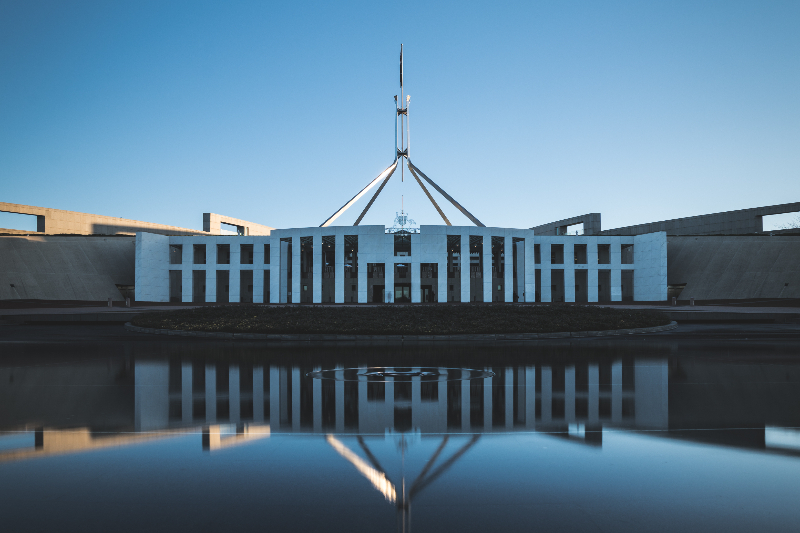
AUSTRALIA
- Frank Brennan
- 12 January 2023
In recent days, if you were to listen to the media reports, you could be forgiven for thinking that religious educators want to retain a right to exclude children or teachers from their schools on the basis of their gender or sexual orientation. Nothing could be further from the truth. Or nothing should be further from the truth.
READ MORE
-
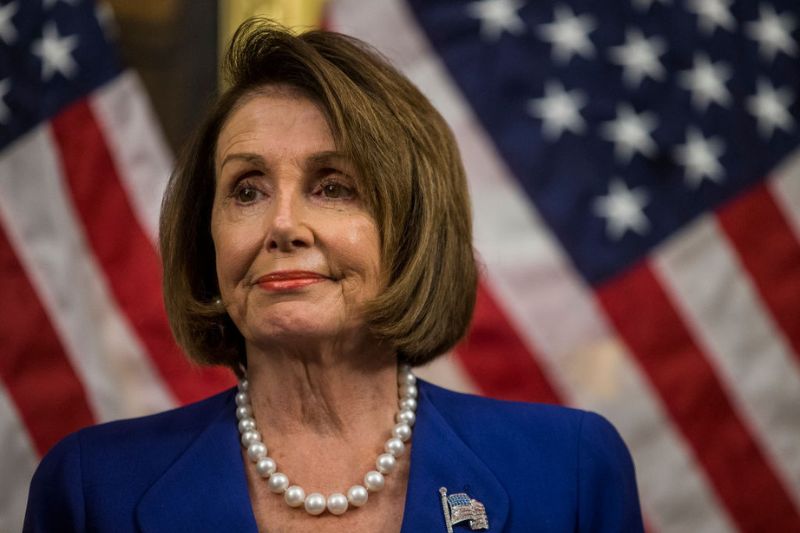
RELIGION
- Bill Uren
- 08 December 2022
20 Comments
Nancy Pelosi recently announced her retirement as leader of the Democratic Party in the House of Representatives, proclaiming that she was a wife, a mother, a grandmother, and a devout Catholic. Yet citing her support for pro-choice on abortion, the archbishop of her home archdiocese of San Francisco has forbidden her access to Holy Communion. So, the question remains: what sort of moral reasoning could Mrs Pelosi invoke to support her pro-choice stance?
READ MORE 
-
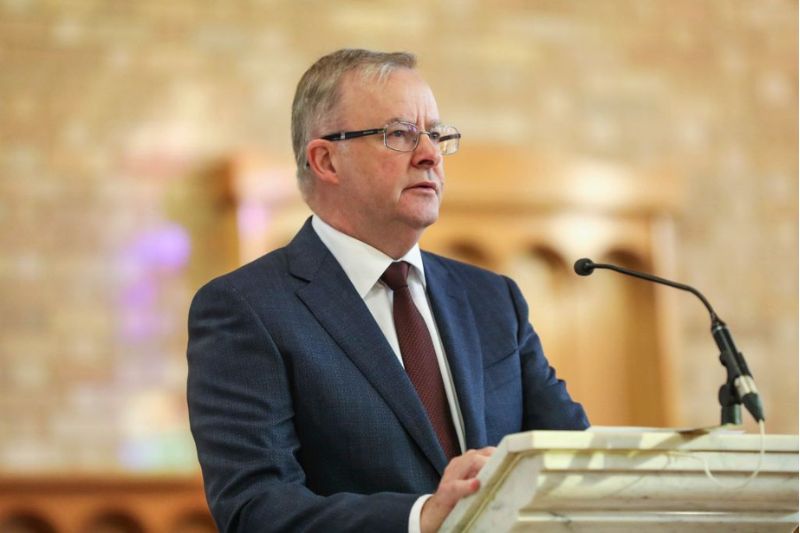
RELIGION
- John Warhurst
- 15 November 2022
16 Comments
Australia is awash with politicians who identify or are identified as Catholic. And Catholic media always take some interest in Catholic politicians whatever their political stripe. But what does this mean to have Catholic politicians from a theologically and ideologically diverse church?
READ MORE 
-
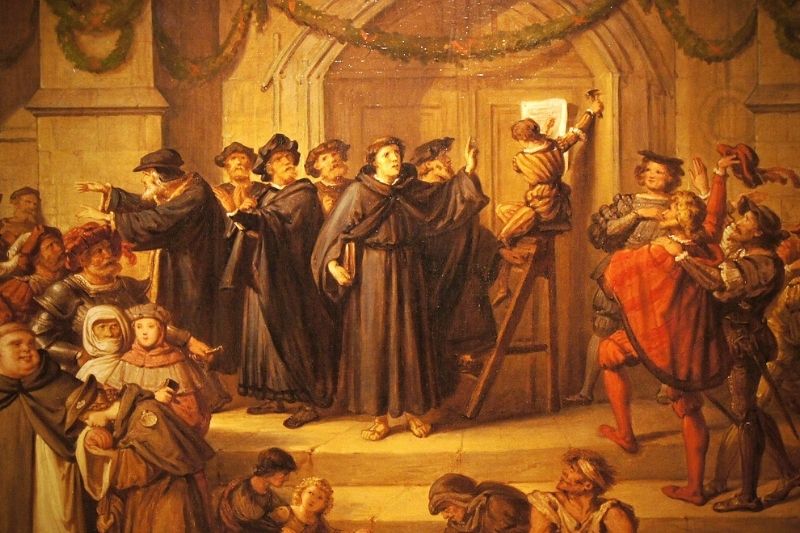
RELIGION
- Andrew Hamilton
- 26 October 2022
10 Comments
What would the world have been like today if the Reformation had not happened? Would it really have been a better Church and a better world? And how, indeed, can we evaluate these enormous historical events?
READ MORE 
-

AUSTRALIA
- Andrew Hamilton
- 20 October 2022
8 Comments
The one thing lacking in much of the debate about the travails of the Essendon Football Club and the brief tenure of its CEO was a proper respect. That lack of respect may merit reflection. Respect begins with persons, not with principles and opinions.
READ MORE 
-

RELIGION
- John Warhurst
- 13 October 2022
13 Comments
Freedom of religion, a matter of national interest still to be resolved successfully in the Federal Parliament, has yet again become a focus for the nation’s football codes. The Essendon controversy has demonstrated how it is issues with a religious-cultural component, not economic issues, which most polarize our society and are the most difficult for politics to resolve harmoniously.
READ MORE 
-

RELIGION
- Paul Collins
- 20 September 2022
5 Comments
The word ‘Catholic’ is derived from the Greek Καθολικός (katholikos) meaning universal, of the whole, and the entire tradition is the very opposite of sectarian, particularist, narrow. It is most truly itself when it’s embracing and inclusive.
READ MORE 
-

INTERNATIONAL
- David Halliday, Beth Doherty, Tim Dunlop, Matthew Howard
- 26 August 2022
When former Facebook employee Frances Haugen released a trove of documents revealing internal research on the negative effects its social media products were having on mental health, the darker side of social media became hard to ignore. So how might the harmful effects of social media be mitigated into a social benefit for a saner, more coherent society?
READ MORE 
-
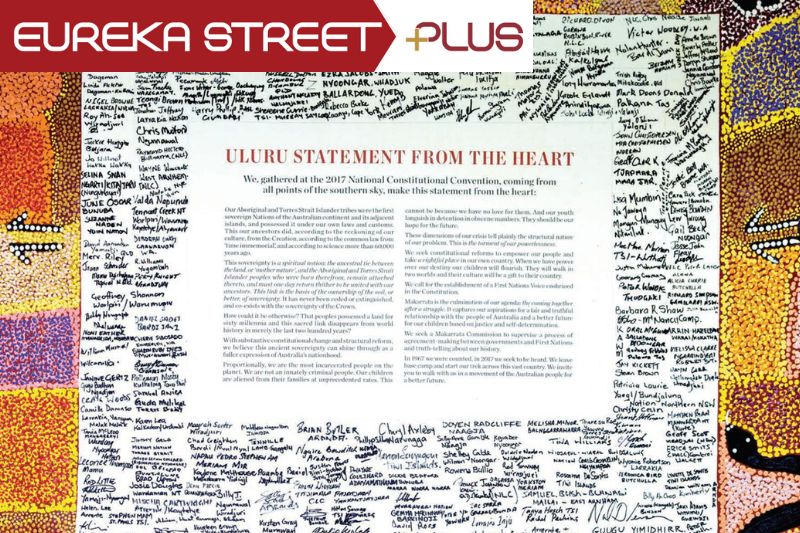
AUSTRALIA
- Frank Brennan
- 17 August 2022
2 Comments
We need to be able to do more than simply give notional assent to the Uluru Statement. We need to be able to contribute to the hard thinking and difficult discussions to be had if the overwhelming majority of our fellow Australians are to be convinced of the need for a Voice in the Constitution.
READ MORE 
-
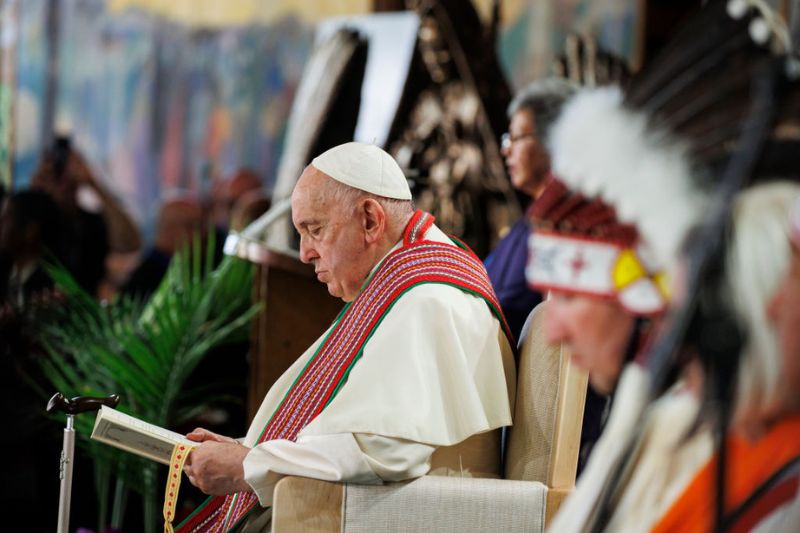
AUSTRALIA
- Andrew Hamilton
- 11 August 2022
9 Comments
Much has recently written about the doctrine of discovery and its bearing on the treatment of Indigenous peoples, particularly in the United States where it grounded an early legal decision. The doctrine enshrined in law claims that the discovery of underpopulated and cultivated lands conferred on the discoverers the right to ownership, and was used to justify colonial occupation of territory in the Americas, Asia and Africa.
READ MORE 